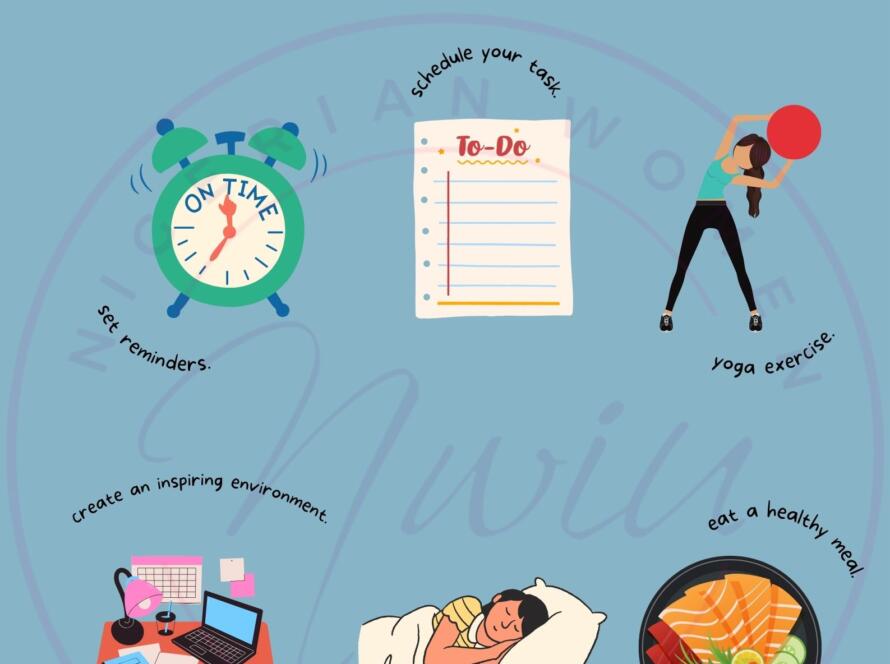Imposter syndrome is a pervasive psychological phenomenon where individuals doubt their accomplishments and have a persistent fear of being exposed as a “fraud.” Despite evidence of their competence, those experiencing imposter syndrome often feel undeserving of their success and attribute it to luck or external factors rather than their skills or hard work. This phenomenon can affect anyone, but it is particularly common among high achievers and professionals.
Signs of Imposter Syndrome
1. Self-Doubt: Constantly questioning your abilities and fearing that you will be “found out.”
2. Attributing Success to Luck: Believing that your achievements are due to external circumstances rather than your own efforts.
3. Perfectionism: Setting unrealistically high standards and feeling disappointed when you don’t meet them.
4. Fear of Failure: Avoiding challenges due to the fear of not living up to expectations.
Strategies to Overcome Imposter Syndrome
1. Acknowledge Your Feelings: Recognizing and naming your feelings is the first step to overcoming imposter syndrome. Understand that it’s a common experience and does not reflect your actual abilities.
2. Reframe Negative Thoughts: Challenge negative self-talk by reframing it to reflect a more positive and realistic perspective. Instead of thinking, “I don’t deserve this promotion,” try, “I worked hard and earned this opportunity.”
3. Celebrate Achievements: Take time to reflect on and celebrate your accomplishments, no matter how small. Keeping a success journal can help you track your achievements and boost your confidence.
4. Seek Support: Talk to trusted friends, mentors, or colleagues about your feelings. Sharing your experiences can help normalize them and provide you with valuable perspectives.
5. Embrace Lifelong Learning: Accept that nobody knows everything. Approach challenges as opportunities for growth and learning, rather than as tests of your worth.
6. Visualize Success: Use visualization techniques to imagine yourself succeeding in your endeavors. This practice can help build your confidence and reduce anxiety about performance.
7. Limit Comparisons: Avoid comparing yourself to others. Everyone has unique paths and challenges, and focusing on your journey can help you appreciate your own progress.
Conclusion
Imposter syndrome can be a significant barrier to personal and professional growth, but it is possible to overcome it. By acknowledging your feelings, reframing negative thoughts, and seeking support, you can build your confidence and embrace your achievements.
Remember, you are not alone in this experience, and with time and practice, you can silence the inner critic and recognize your true worth.
Tobore Anne Emorhokpor




